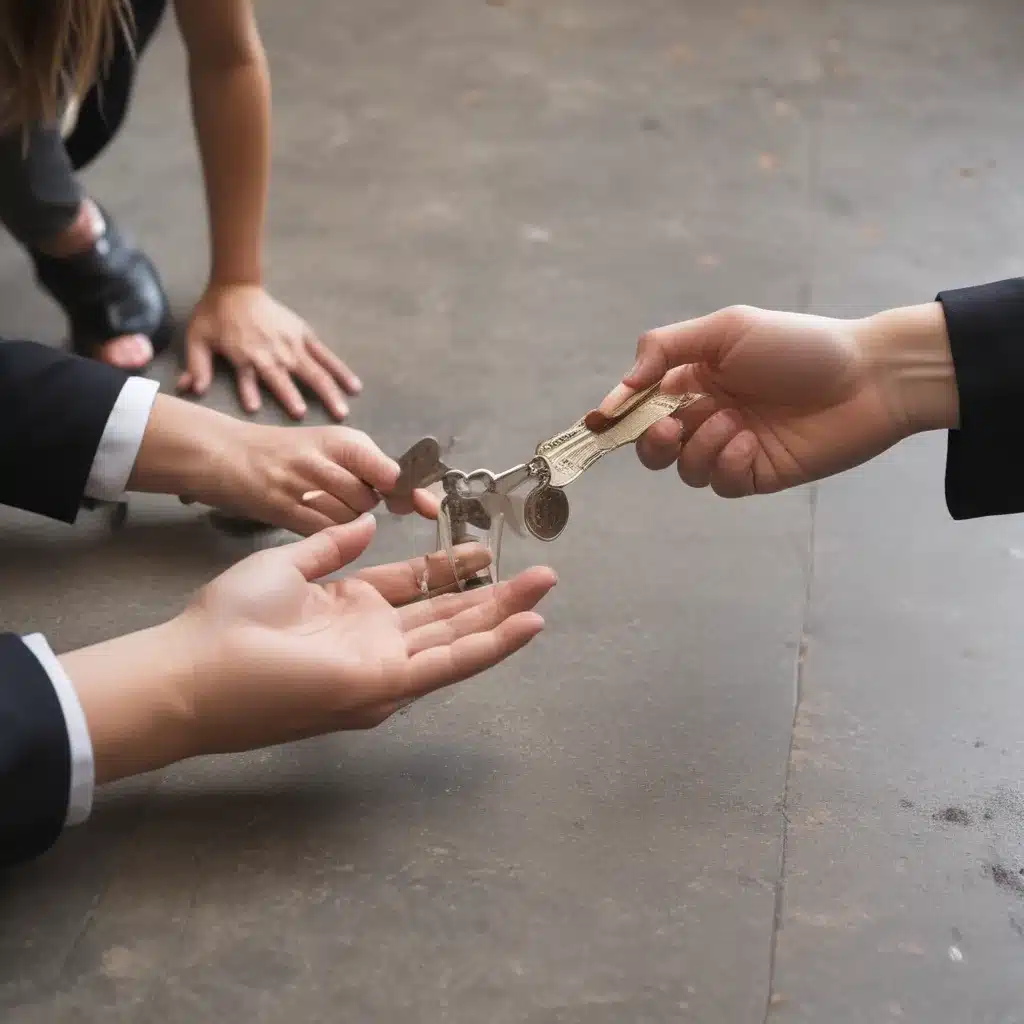
The Rewards of Bonding
As I stood in the park, tossing a tennis ball for my two energetic pups, I couldn’t help but marvel at the incredible bond we’d built. It hadn’t always been this way, though. When I first brought them home, I’ll admit I was a bit skeptical about using food-based training. Wouldn’t that just make them care more about the treats than about me? But boy, was I wrong.
As Jake from 3 Lost Dogs eloquently puts it, “Bringing a bag of treats on your walks with your puppy so you can reward their good choices and build engagement is not all that different from meeting up with a friend at Olive Garden every Tuesday for dinner and a glass of wine. In both cases, food is the catalyst for connection, not the sole connection.”
That’s exactly what I’ve experienced with my pups. Those early training sessions, where I showered them with praise and their favorite snacks, laid the foundation for an unbreakable bond. They came to see me as the provider of all good things – a trusted companion they could depend on. And as we’ve continued to train and explore the world together, that connection has only grown stronger.
The Science Behind Bonding
Now, I know what you might be thinking: “But isn’t food-based training just a form of bribery?” The experts at Building Bonds Training have a compelling response to that concern:
“Reward-based training motivates your dog to prefer the right choice—putting you and your dog on the same page. We are committed to force-free, reward-based training because we believe it is critical to do no harm in our attempt to do good. So, there are no choke, prong, or shock collars, corrections, or physical manipulation in our training. In short, if we can achieve the behavior we want without inducing stress for you or your dog, why would we train any other way?”
It’s all about understanding how dogs learn. As the team at NLDogs explains, “fear and pain inhibit learning and slow the training process. We’ve also come to understand that fear and pain can increase aggressive behavior and even cause it where it did not exist before.” Positive reinforcement, on the other hand, allows our canine companions to associate good behaviors with rewarding experiences.
And the benefits extend far beyond just training. As the experts at Dynamic Dog put it, “The time and effort you put in will reward them (and you!) with a kind, loving and happy companion for life.” That’s the kind of bond I want with my pups – one built on trust, affection, and a shared sense of adventure.
Putting it into Practice
Of course, food-based training is just one piece of the puzzle. As Charlie Gray of South Coast Dog Training School explains, “Aside from her group classes, Louise also offers one-on-ones should you wish to take part in bespoke time tailored especially for you and your best friend. These can be held in the comfort of your own home, or in a private paddock so you’ll get that undivided attention.”
In addition to those personalized sessions, there are plenty of other ways to strengthen the bond with your furry friend. Things like play, affection, and shared exploration can all be powerful reinforcers. And don’t forget the importance of building non-food-based memories together, whether it’s chasing down the ice cream truck or roasting marshmallows by the campfire.
The key is to keep an open mind and be willing to experiment. Every dog is different, and what works for one pup might not work for another. But if you approach training with patience, consistency, and a genuine desire to connect, I can guarantee you’ll be well on your way to building a bond that lasts a lifetime.
And who knows, maybe one day you’ll even catch your dog trying to bake a cake with you. After all, that’s what having dogs is all about – endless adventures, unconditional love, and the occasional kitchen disaster.

